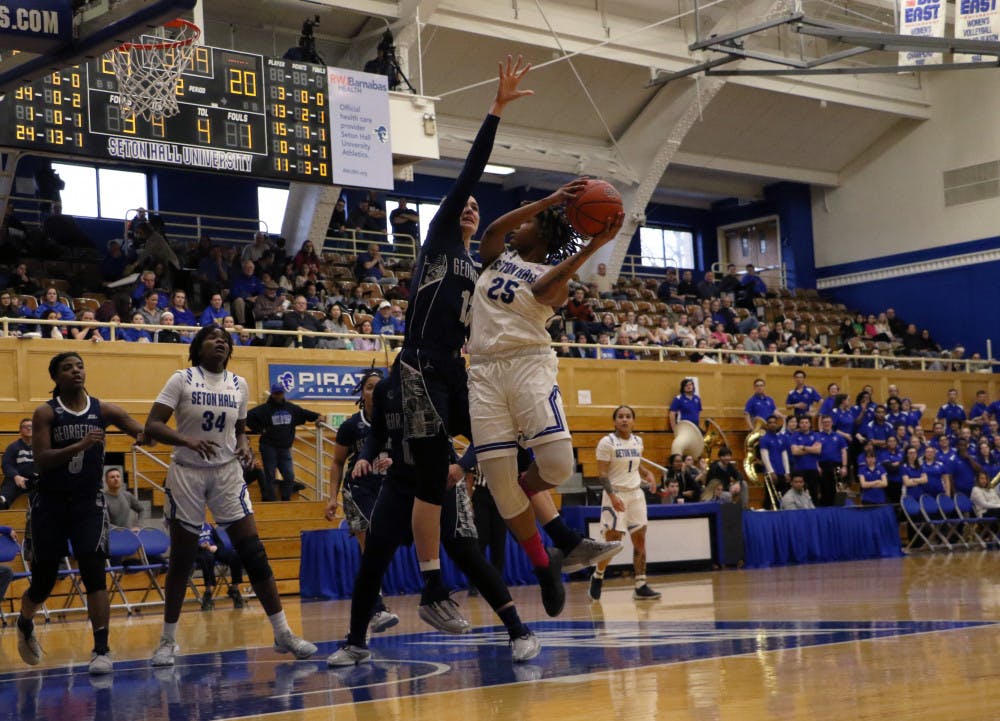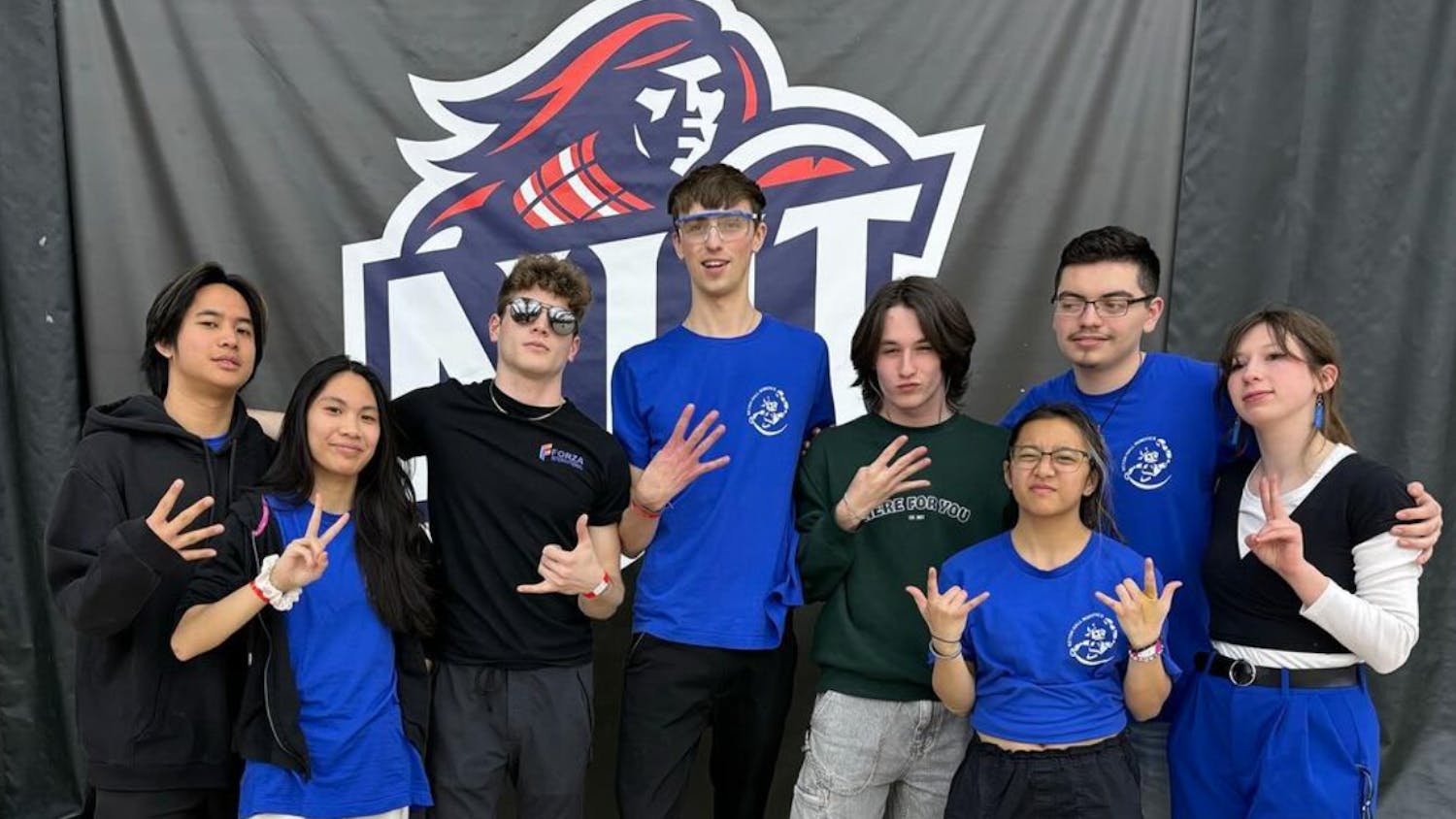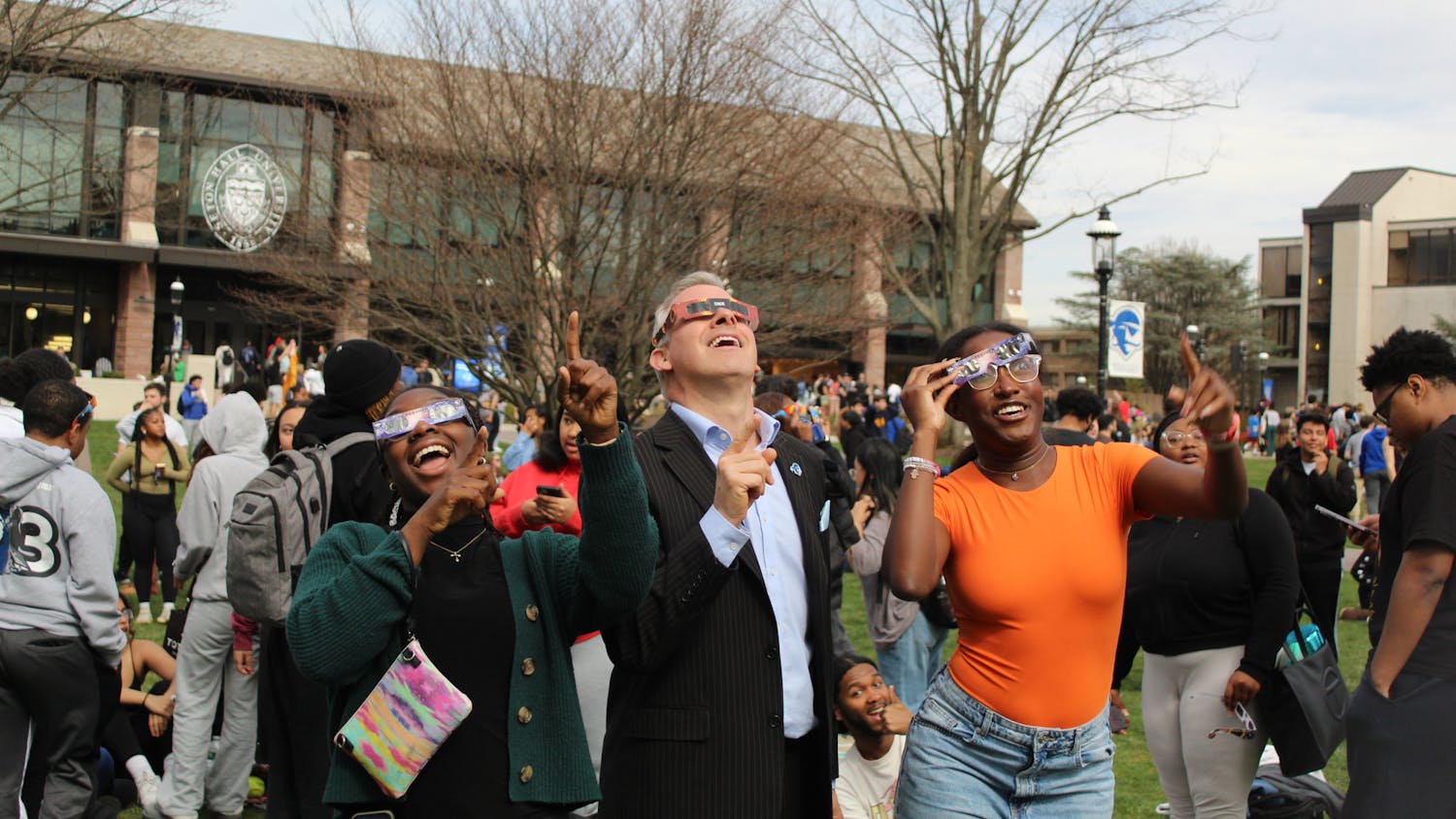The Seton Hall honors program has recently formed an Honors Program Student Association, which will make positive changes and reform the structure of the program.
"All students who are in the honors college are automatically members of HPSA and are allowed to attend the meetings," sophomore and Honors Council treasurer Andrew Klump said. "The next level is what is called the Honors Council and these are the people elected to represent each class. This level has voting power on all initiatives."
The honors program has been considering the creation of student organization for a few years, Peter Ahr, director of the honors program, said.
"I've been going for the last couple of years to these conferences of honors programs and one of the things I've noticed in almost all of them is a very strong, vibrant student group that goes along with them," Ahr said. "Coming back from seeing this enthusiasm made me think that this is something we should do here."
One of the main goals of the HSPA is to create and foster a higher level of communication between honors students in different years. In order to do this, the organization has begun to sponsor movie screenings and discussions available to all honors students. The HSPA will also be sponsoring social events for honors students.
Next year, the program will also implement a mentoring program. The mentoring program will pair students who have completed part of the program with freshman.
"We don't want to be just someone who guides them. We also want to be their friends as someone who knows what it is like," sophomore Chris Cagna, Honors Council member, said.
Currently, students who complete the honors program receive a certificate. One possible change that could be made is the introduction of a minor for students who complete the 24 credits of Honors Colloquia.
Klump said the course load is almost akin to a separate major or minor at the very least.
"The honors program retention rate has been slipping for various reasons," Cagna said. "We hope that if there is a little bit more incentive, kids will be more inclined to stay in it. Unfortunately, we are past the days where people just learn to learn, it's all about what you can show from it."
In this proposed system, students who go on to complete the junior seminars and an honors thesis would receive both a minor and a certificate.
The four colloquia counting as a minor would enable students to complete the four classes whenever they fit best into their schedule. This means that students would be able to participate in the program, even if they were unable to complete the 32 credits that are currently mandatory for the certificate. This could be implemented for the class of 2012.
The HPSA is currently collecting testimonials from students in order to determine interest for the proposed changes.
Alyana Alfaro can be reached at alyana.alfaro@student.shu.edu





